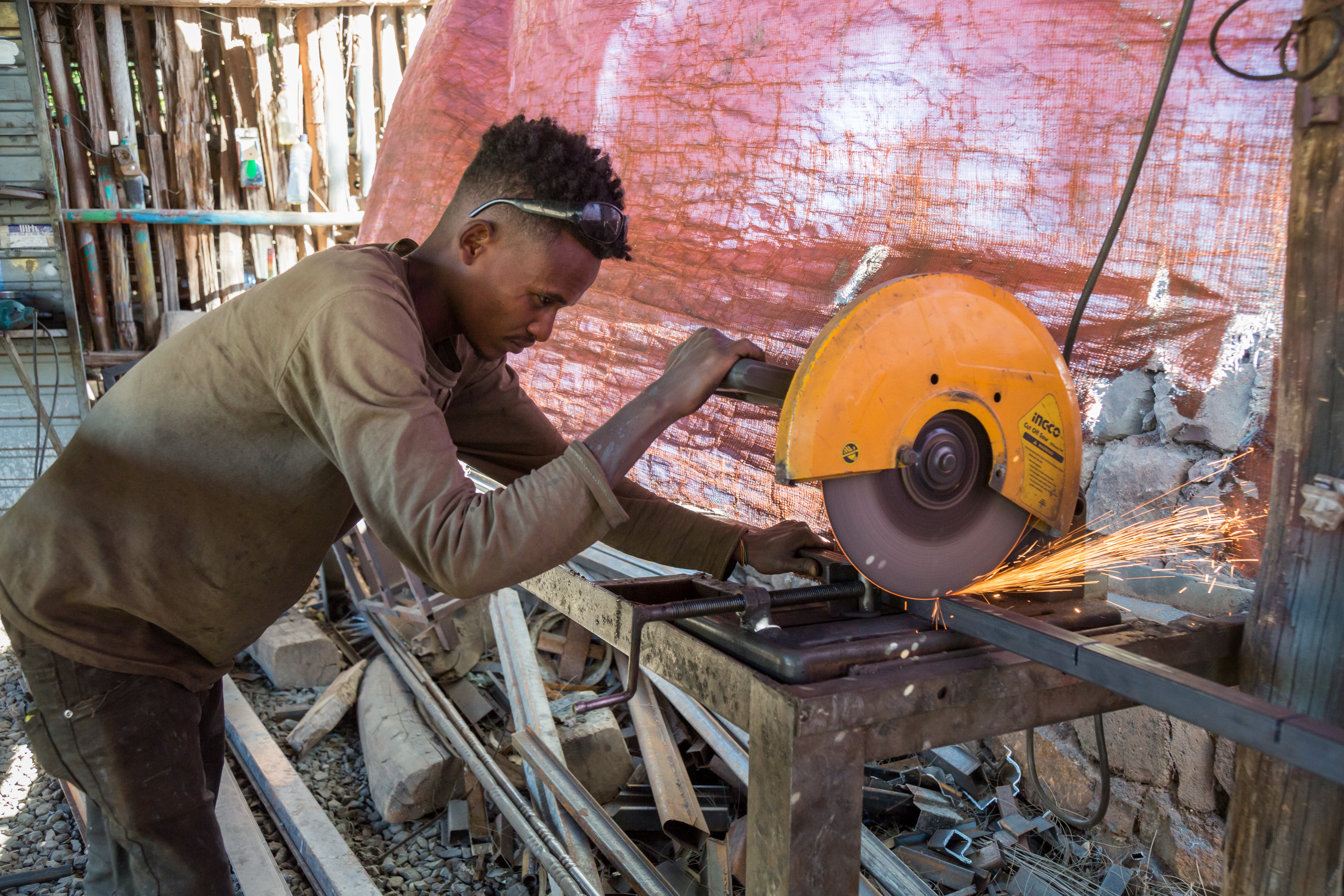Ethiopia declared its first case of coronavirus on 13 March 2020, and while numbers of confirmed cases initially remained low, by late July 2020 the number of confirmed cases had exceeded 15,000, with more than 200 deaths. Across the globe countries are reporting multidimensional health, economic and social effects of Covid-19 and the ensuing policy responses to contain the disease. The situation is expected to be potentially more challenging in low-income countries like Ethiopia where there is a weak health system, compounded by recurrent political unrest. The outbreak of Covid-19 is expected to put women, girls, young people and socially vulnerable groups, including people with disabilities, at heightened risk, given that containment measures to slow the pandemic including lockdowns and disruption of basic services are already being seen to exacerbate existing economic and social inequalities.
Rapid virtual research by GAGE has highlighted the challenges that young people are facing in rural communities in Afar, Amhara and Oromia, and in Dire Dawa city, but as yet very little is known about the specific experiences of vulnerable urban youth. This brief focuses on youth (aged 15–24 years) working in factories, and is part of a series exploring the impacts of Covid-19 and the ensuing government policy response on vulnerable urban youth in Ethiopia.

